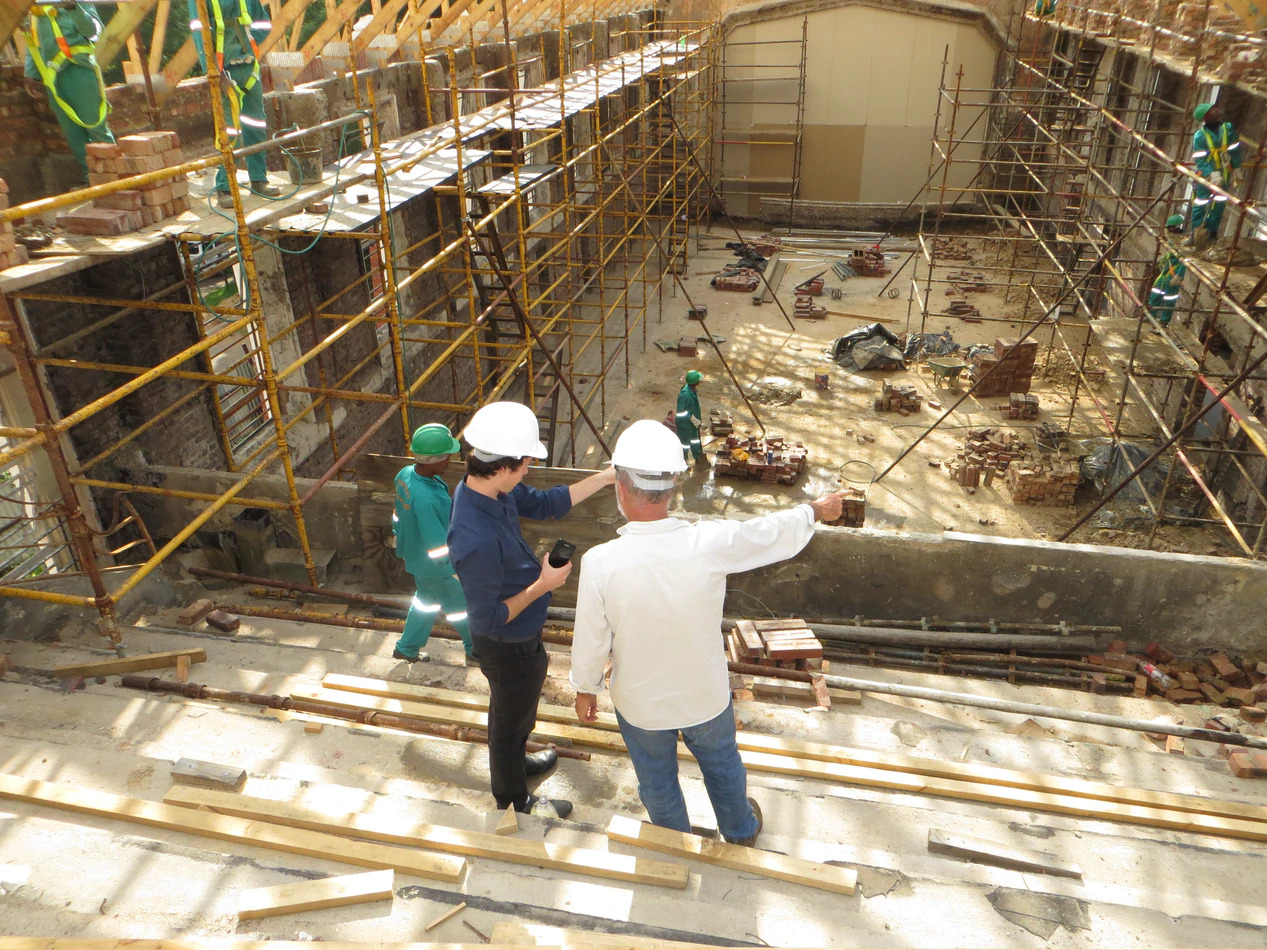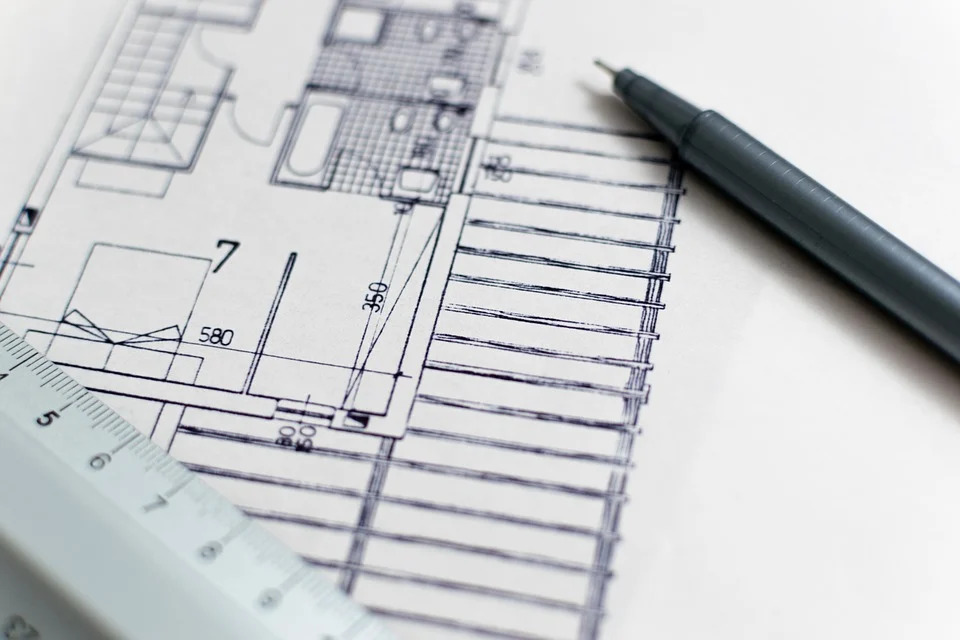Working construction can be inclusive of many things. From picking up a hammer and working on a small project involving someone’s home, to be a crucial member of a large team that is building a commercial skyscraper, the range is wide. Covering such a large scale, there are many things that people might not recognize in the construction industry. So here are a few things that will help you learn a little about how construction companies work.
Work Within a Team
Construction companies are contractors. They aren’t the only professionals you need to work on a project, but they play an important role. If you are planning on constructing a building, for example, you need to have an employer to provide the general idea and funding, architects, and designers to help design your project, engineers to ensure the structure is sound, and the construction team to build it. Of course, if the project is small, some of those roles can be consolidated. If you want to build a house and are capable, you can in fact design it while hiring a construction team to follow your designs to build it. Construction companies are collaborative and work within a team to build the desired project.
Construction Expeditor
The most recognizable roles in the construction industry are the foreman and the workers. One very important job is that of the expeditor. They work with the company and are in constant contact with suppliers for materials and equipment. Without an expeditor to oversee and manage the schedule and delivery of these necessities, the project risks falling behind and missing deadlines. These expeditors need to be organized and have strong communication capabilities to stay connected with everyone on a day-to-day basis.
Insurance Greatly Varies
Like all insurance policies, risk plays a significant role in coverages and costs. When looking at the construction industry, the insurance associated with the industry is no different. There is a lot of risks involved with most construction jobs, but some have a significantly higher amount of danger and risk involved. Because of the varied risk, construction bonds will cost differently and will also be formatted depending on the company and project. For example, doing construction on your home or a small patch of land will be significantly different than the costs and coverages needed for construction companies that work with high rise building development.

Growing With Technology
As the construction industry continues to see demand, it also has to learn to adapt new and innovative ways to do things. Without growth and innovation, construction companies would still be utilizing outdated practices that constructed the pyramids. With the growth of technology, construction has seen boosts with that very technology. Drones, for example, have played a bigger and bigger role in this industry. These have been significant for high rise construction and to capture videos and images in order to evaluate the construction and design of buildings and towers. This streamlines the process and cuts down on time needed to monitor and oversee the project.
Rental Industry
Not every construction company owns its equipment. A lot of companies rent as opposed to buying for a variety of reasons. For some smaller companies, they don’t have the financial flexibility to purchase large machineries such as cranes or trucks. Depending on where you take contracts, it is also easier to have the opportunity to move around and take jobs in various cities if it is large enough and simply rent there. You won’t have to worry about storage, housing, or maintenance when renting. Of course, if the construction company is large enough, owning your own equipment and machinery can save a lot of money in the long run.
Older Workers
The construction industry does not appeal to many youths and young adults, and over the years, that has created a discrepancy in a few things. The average age of construction workers has increased as fewer young people are going into the industry. This may be a result of many looking into more creative or academic routes, and seeing a negative stigma associated with construction. This, however, means there is sufficient demand for workers and provides opportunities for those willing to take on the hardship of physical labor. This translates to many companies having an older demographic of their personnel compared to other industries.
Construction covers a wide range of services and projects, with different professionals and specializations depending on the job. It is important to remember that the construction industry is a necessary facet to modern society and infrastructure and will continue to impact places around the world.

